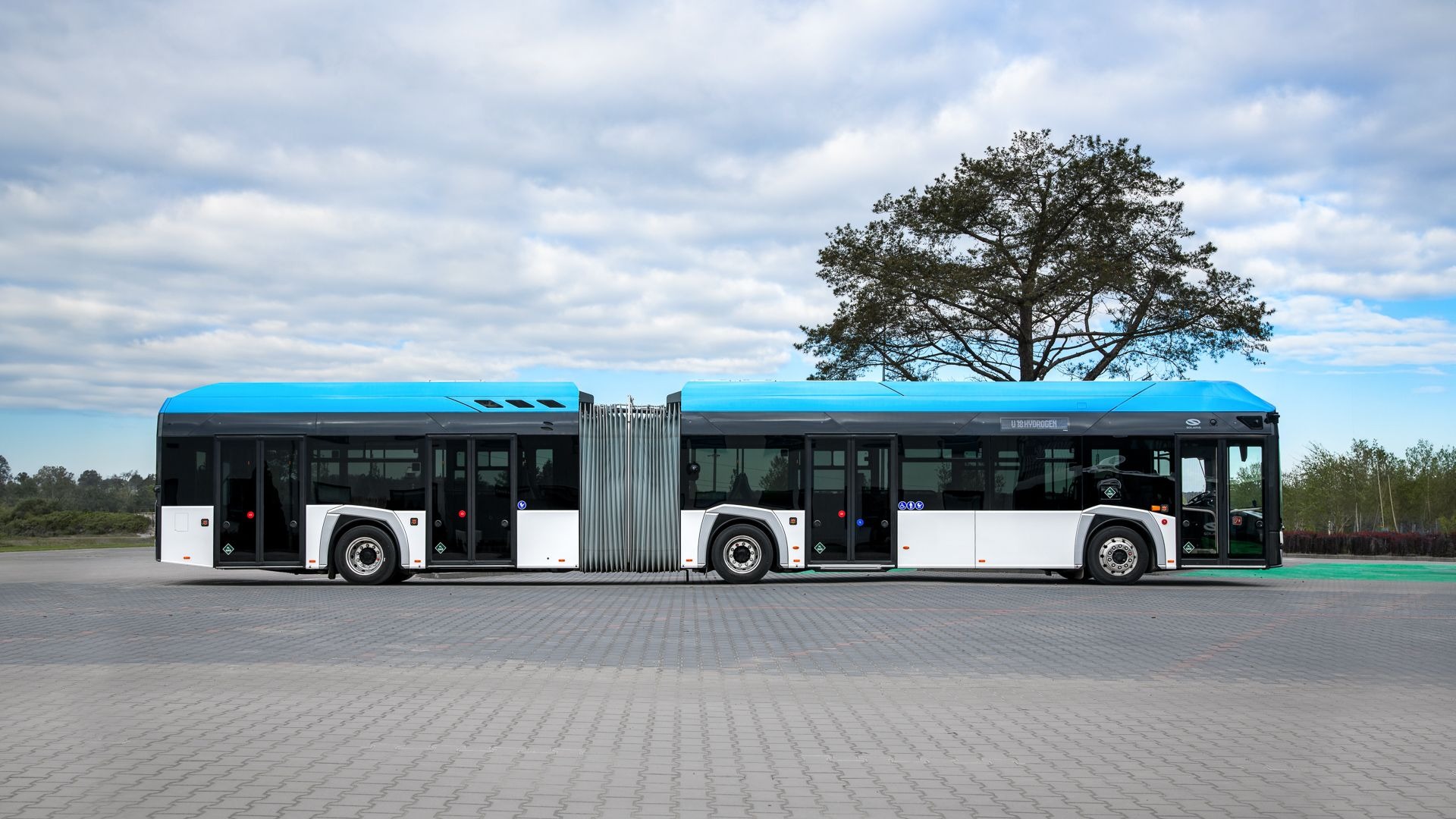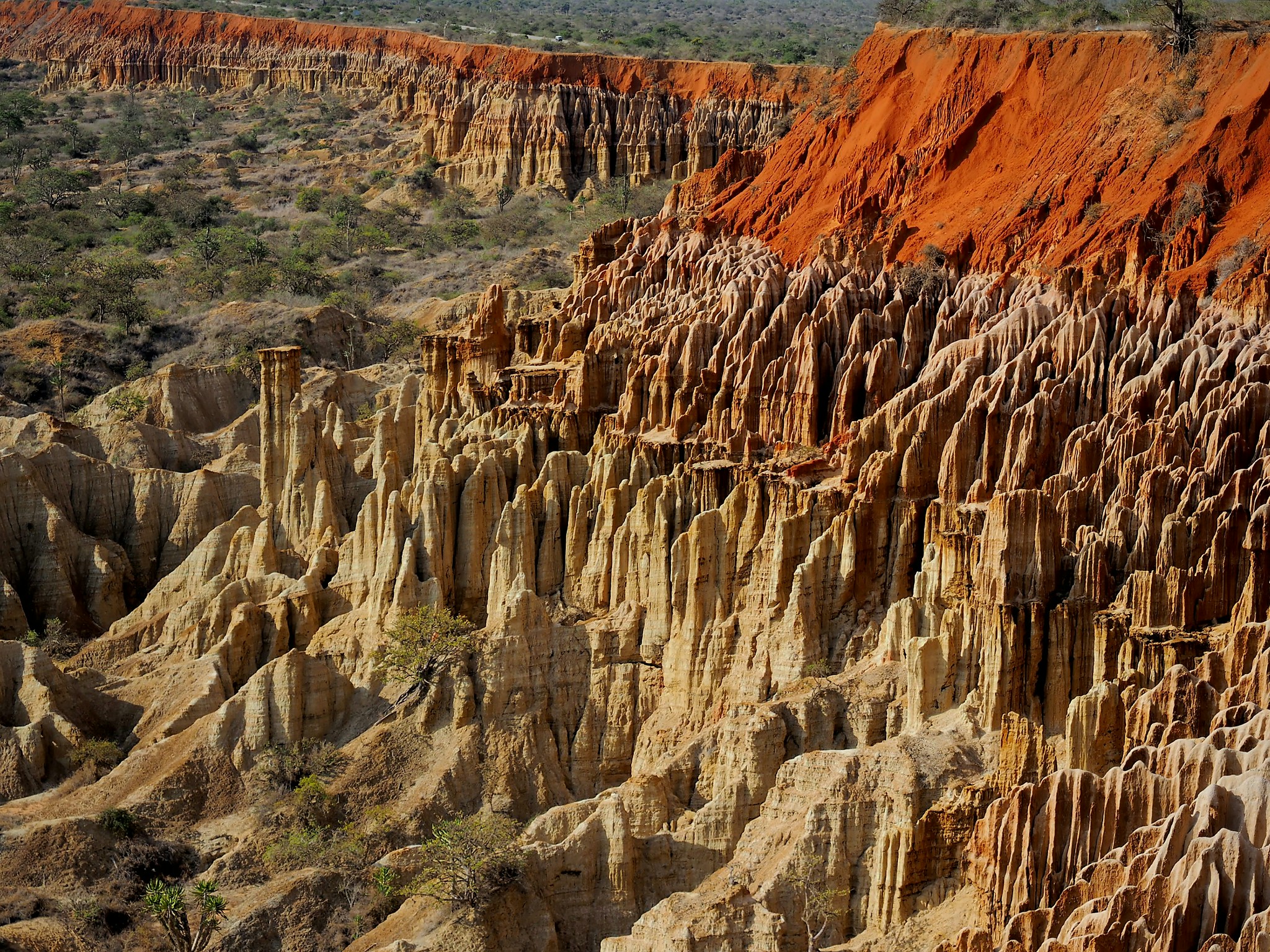Dubai Unveiling Zero-emission Public Transport Initiative by 2050

Dubai has implemented its Zero-Emissions Public Transportation in Dubai 2050 strategy, introducing electric or hydrogen buses for commuters.
Dubai’s Roads and Transport Authority has set forth a comprehensive plan to achieve several objectives in the coming years. This initiative includes decarbonising taxis, limousines, and public buses, designing energy-efficient buildings, utilising renewable energy sources, and eliminating landfill waste by adopting a zero-waste approach.
Dubai’s Roads and Transport Authority expects to achieve significant environmental and economic benefits by implementing this strategy. They anticipate a reduction of 10 million tons of carbon dioxide emissions and an estimated savings of $817 million.
Taxis, limos, and public buses in Dubai will undergo a conversion to electric or hydrogen vehicles.
This initiative is pioneering in the Middle East as it aims to establish a long-term plan for adopting net zero emission public transport. The strategy primarily focuses on three key areas: green public transportation, energy-efficient buildings and facilities, and efficient waste management.
The Roads and Transport Authority aims to gradually transition its public transportation fleet to electric and hydrogen vehicles as part of the plan. The goal is to convert 10% of public buses to these cleaner alternatives by 2030, increasing to 20% by 2035 and eventually achieving a complete transition by 2050.
In addition, the plan includes the conversion of taxis and limousines in Dubai. The objective is to convert 30% of these vehicles to electric and hydrogen models by 2030, which will increase to 50% by 2035 and reach 100% by 2040.
Moreover, the plan extends to the emirate’s school buses, which will be converted into electric and hydrogen buses by 2030. This conversion will progressively increase to 30% by 2035 and achieve 100% electrification by 2050.
The strategy also focuses on enhancing the energy efficiency of buildings and facilities. The Roads and Transport Authority plans to retrofit its buildings and facilities with solar cell systems as part of this effort. By 2025, 24 structures will be equipped with solar panels.
The objective is to retrofit and upgrade 74% of the buildings by 2030, eventually achieving 100% by 2045. Furthermore, starting from 2025, new buildings will be designed to have near-zero energy consumption.
Dubai’s Roads and Transport Authority has set a target of achieving zero municipal waste to landfills by 2030 through comprehensive reuse and recycling programs
Furthermore, they plan to increase recycled water usage in RTA’s buildings and facilities, aiming for a 40% utilisation rate by 2050. These initiatives reflect the authority’s commitment to sustainable waste management and efficient water resource management.
“Our new strategy prioritises sustainability, reducing carbon emissions, and achieving world-class mobility,” said Mattar Al Tayer, Director-General and Chairman of the Board of Executive Directors.
Al Tayer emphasised that the strategy is closely aligned with various local initiatives, including the Dubai Carbon Abatement Strategy 2030, Clean Energy Strategy 2050, Dubai Demand Side Management Strategy 2030, a waste management plan in Dubai, Dubai Climate Change Adaptation Strategy, and other relevant strategies, agreements, and initiatives.
This alignment ensures a cohesive and integrated approach toward achieving sustainable and environmentally friendly transportation in Dubai.
Dubai to test new types of electric, hydrogen-powered public buses from Volvo, VDL and Daimler
Dubai: A number of partnerships have been forged recently to boost sustainability in Dubai’s public transport, including testing of a bus driven by electricity and hydrogen fuel.
Mattar Al Tayer, Director-General, Chairman of the Board of Executive Directors of Dubai’s Roads and Transport Authority (RTA) witnessed the signing of three collaboration partnerships with specialised global bus manufacturers. The agreements were made on the sidelines of the 64th UITP Global Public Transport Summit held in Barcelona, Spain, earlier this month.
The first of these agreements establishes a collaboration with German firm Daimler Buses and calls for the testing of a first-of-its-kind bus driven by electricity and hydrogen fuel to assess its viability in Dubai’s specific climatic conditions.
The second agreement with the Swedish automaker Volvo marks the start of Phase II of testing Volvo’s electric buses under Dubai’s operational conditions. The third agreement involves Dutch company VDL and aims to exchange experiences and knowledge specifically relating to electric buses.
RTA’s agreements are part of the ongoing search for innovative transport solutions through collaboration with the private sector.
Ahmed Bahrozyan, CEO of the Public Transport Agency, RTA, said: “RTA is proud to have signed three strategic collaboration agreements with a host of renowned international companies specialising in sustainable transport, particularly public buses production. The decision reaffirms our steadfast commitment to transitioning all modes of mass transportation into eco-friendly and carbon-free modes by 2050.”

